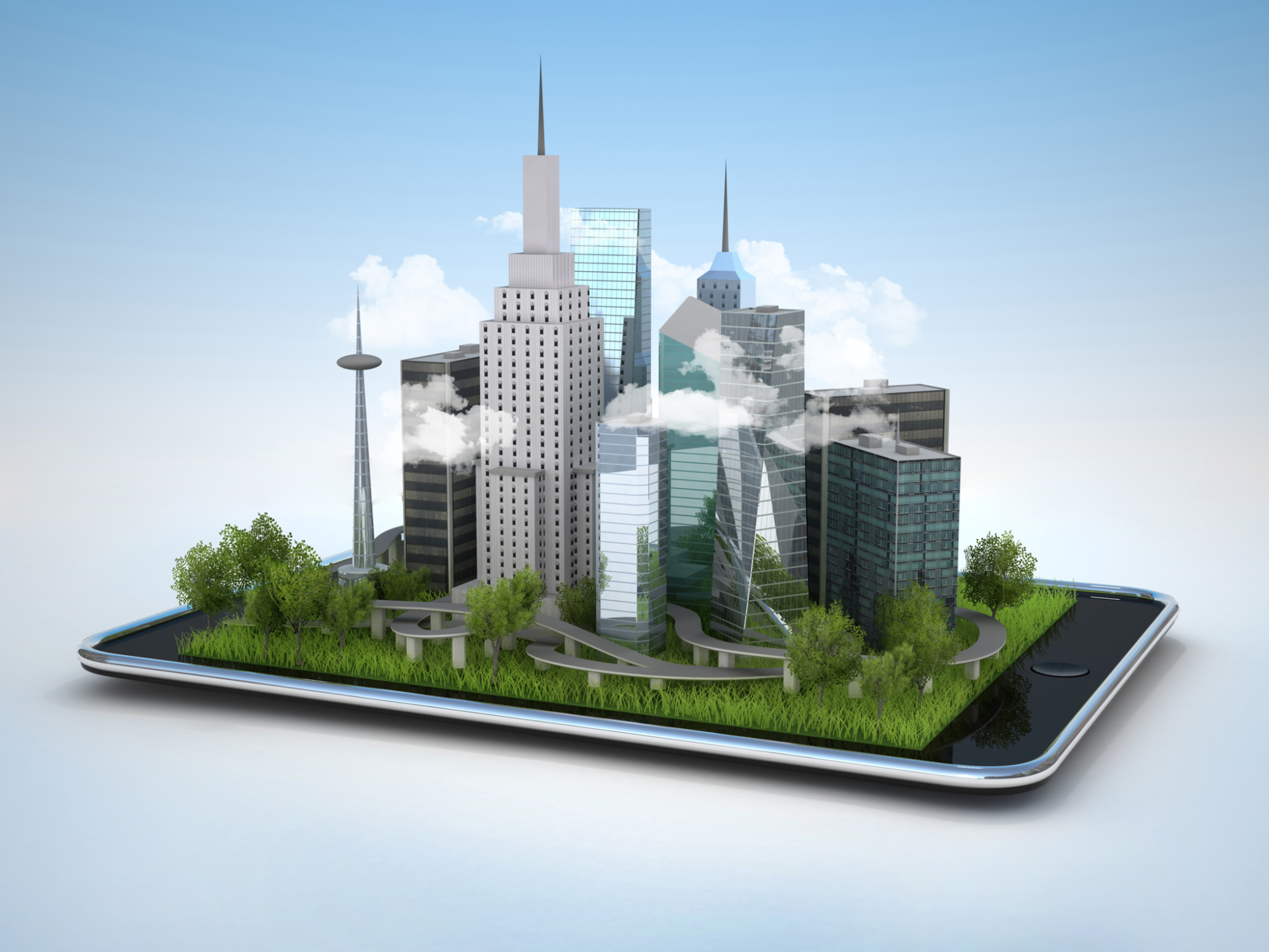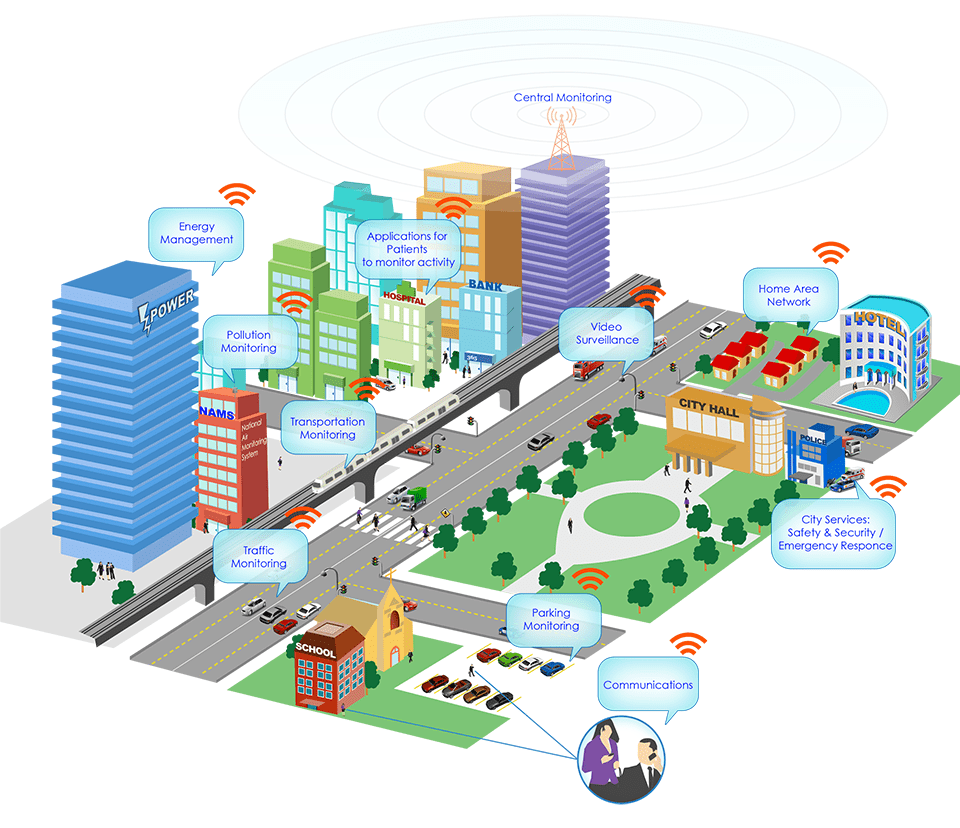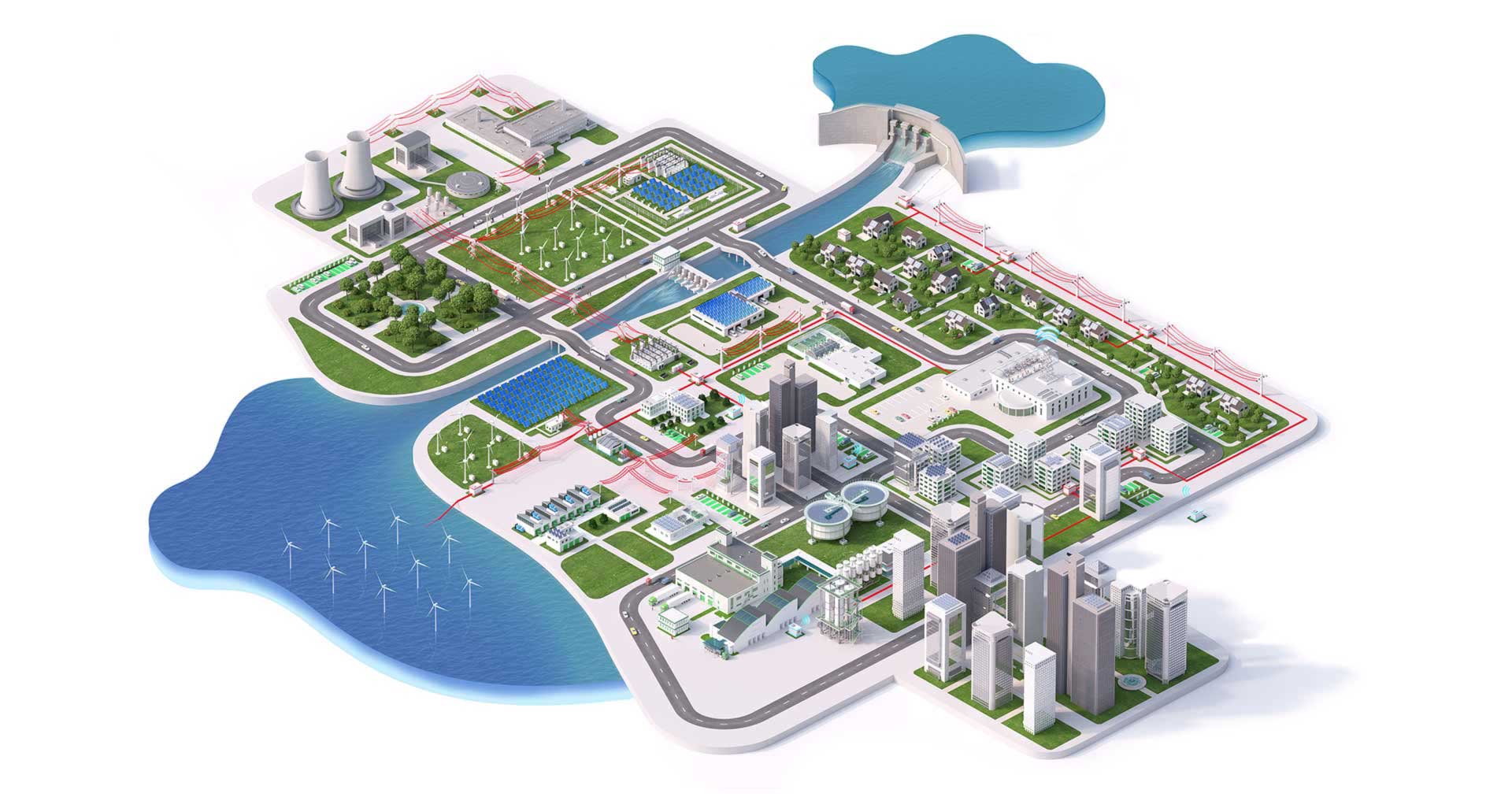Smart City Solution
Smart city concept refers to cities that allow real-world urban data to be collected and analyzed by the use of software systems, server substructure, network infrastructure, and client devices. Moreover, it assumes implementation of solutions, with the support of instrumentation and interconnection of sensors, actuators, and mobile devices.
Smart city is a novel concept aimed at managing cities (urban areas) in a modern way, using the latest technical means offered by advanced technologies (including IT), according to the environmentally-friendly principles and while maintaining the tendency to save resources and achieve the expected results.

Urban development and improvement of the city has been turning towards technology. Smart cities use different information and communication technologies (ICT). Solutions characteristically includes various aspects of a city ecosystem such as smart infrastructure, smart operation, smart service and smart industry, smart education systems, or smart security systems.

From DigitalTo SmartCity
Smart Mobility
Smart Mobility
owing to the ICT sector, a city becomes a huge network of connections between all of its resources. Both traditional transport and digital communication should be based on advanced technologies needed for the rational utilisation of existing infrastructure.
Citizens could arrange a personalized travel experience irrespective of location. Wherever they are in the city, they could access a variety of options with their phone: a rideshare, an on-demand bus, an automated car, special transport for children, or traditional public transit. Residents could purchase “mobility packages” from private operators that would give them a host of options depending on weather, time of day, and demand.

